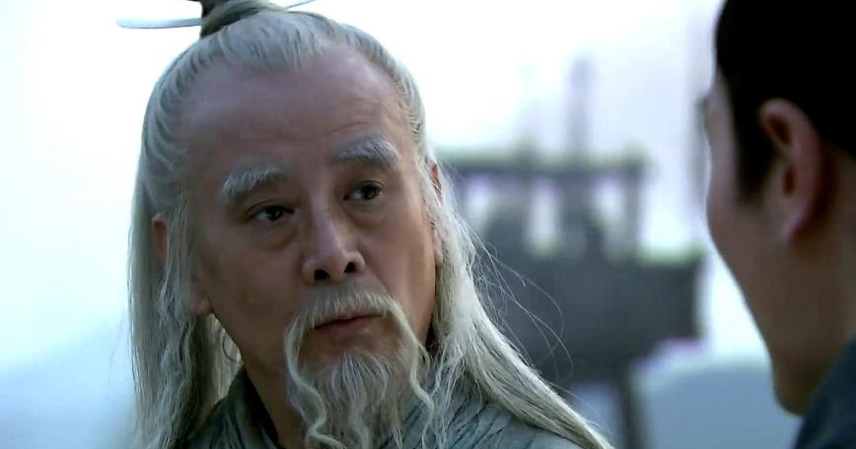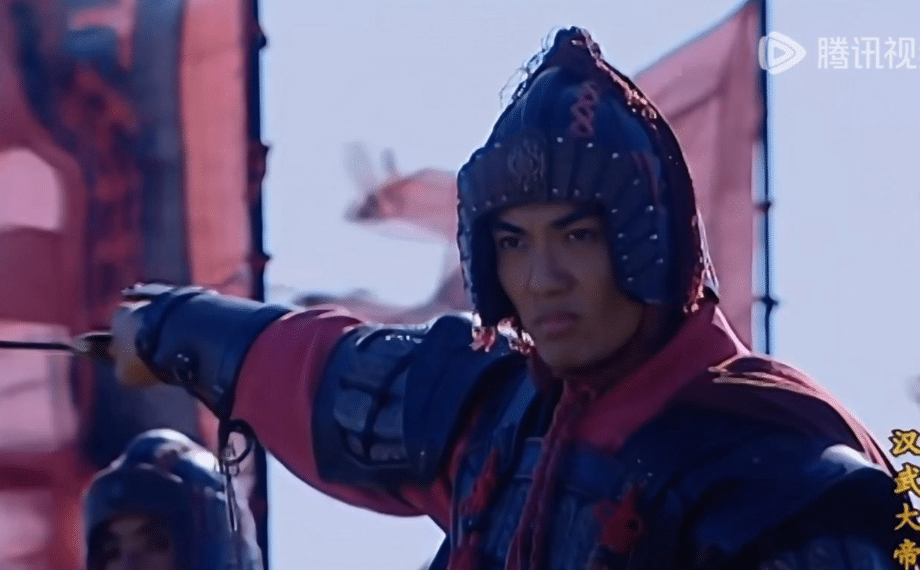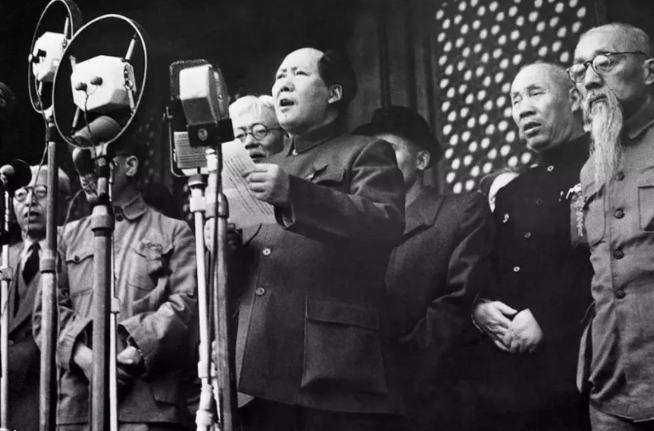In Chinese history, the story of Cao Cao and Hua Tuo is often seen as the embodiment of a clash between power and benevolence. One was a brilliant yet suspicious warlord who held the emperor hostage to command the lords; the other, a legendary physician with extraordinary skill but a proud and solitary nature. When their fates intersected, a quiet but fatal decision unfolded.
Many assume that Hua Tuo’s death was merely the result of Cao Cao’s cruelty. Yet, a closer look at historical records suggests otherwise. The tragedy was not only a collision of political power and medical practice, but also the outcome of systemic flaws and human weaknesses.

Who truly caused this historical tragedy? Was Cao Cao entirely wrong?
An Unfulfilled Dream of Office
Today, Hua Tuo is almost synonymous with the term “divine doctor.” Few know, however, that he never intended to become a physician in the first place.
Born in Qiao County, Pei State (modern-day Bozhou, Anhui), Hua Tuo came from a humble family with no political or financial backing. In the Eastern Han era, the only way for a scholar to succeed was through official office. Without the imperial examination system, one relied on recommendations by local governors or influential patrons, meaning opportunity was as dependent on luck and connections as on talent.
Hua Tuo studied widely, traveling across regions like Xuzhou and Yanzhou, immersing himself in Confucian and classical texts, hoping one day to be recommended for service. Medicine was initially only a sideline. Ironically, this “sideline” became his lifelong pursuit—and ultimately, his doom.
He was once recommended as an Adviser (Yilang) to the court, a minor but official position. Yet Hua Tuo rejected it, believing the title too insignificant for his abilities. He wanted to wait for a greater opportunity. Unfortunately, in the declining Eastern Han, offices were increasingly bought and sold rather than awarded for merit. For someone like Hua Tuo, without wealth or connections, true opportunity never came.

By the time he realized that he had rejected his only real chance, the path to political office had already closed forever.
Rise of the Divine Physician
Hua Tuo mastered multiple fields—internal medicine, surgery, gynecology, pediatrics, and acupuncture—but he was especially renowned for his surgical innovations.
According to Hou Hanshu (Book of the Later Han), he developed Ma Fei San, an anesthetic that allowed patients to undergo surgery painlessly. He performed operations involving abdominal incisions and wound treatment, which were unheard of in ancient China. His legendary act of “scraping poison from the bone” further cemented his mythical reputation.
Despite his fame, Hua Tuo never considered himself a true “winner.” Healing lives earned him admiration, but not the social respect or official rank he desired. To the aristocracy, physicians were still seen as mere artisans of technique, not equals to scholars or statesmen.

Disillusioned, Hua Tuo grew increasingly bitter. Historical records describe him as “difficult and proud,” a reflection of his frustration at being celebrated but never truly respected.
When Cao Cao summoned him, Hua Tuo thought the long-awaited turning point had arrived. But he had misjudged his patient.
Clash with Cao Cao
Cao Cao suffered from chronic headaches. When Hua Tuo treated him with acupuncture, the pain eased, earning initial favor. Cao Cao reportedly promised, “If you can cure me, I shall reward you greatly.”
Hua Tuo replied: “The root lies within your skull. To remove it, I must use Ma Fei San, open the skull, and extract the source.”
To Cao Cao, these words sounded less like medical advice and more like an assassination attempt. Though he remained calm outwardly, he grew deeply suspicious of Hua Tuo.
Soon after, Hua Tuo requested leave, claiming his wife was ill. Cao Cao allowed it but demanded his return. Days turned to weeks, and messengers sent to summon him were met with repeated excuses—“wife’s illness,” “need for rest.” Investigators eventually found Hua Tuo’s wife was not gravely ill.
Enraged, Cao Cao saw Hua Tuo not as a healer but as a deceitful commoner defying imperial command. He ordered Hua Tuo’s arrest and imprisonment in Xu City.

Some officials pleaded for mercy, reminding Cao Cao of Hua Tuo’s medical value. But for Cao Cao, no skill could outweigh the importance of obedience and authority. Hua Tuo’s arrogance and refusal to submit became unforgivable crimes.
Before his execution, Hua Tuo attempted to pass on his medical knowledge through a manuscript, the Qing Nang Shu (Blue Bag Book). Yet prison guards, fearful of implication, refused to accept it. With despair, Hua Tuo burned his life’s work and faced execution.
Roots of the Tragedy
Hua Tuo’s death has long been attributed to Cao Cao’s cruelty. Yet from the perspective of law and social order in the late Han, the event was more complex.
Han law clearly stated: “Those who refuse summons shall be executed.” Hua Tuo, having ignored repeated summons and even fabricated excuses, had already violated this principle. Cao Cao’s decision, though harsh, was not outside the law.
But law was not the only factor. The deeper cause lay in the rigid social hierarchy of the Eastern Han, which placed physicians below scholars and officials. No matter how skilled, Hua Tuo was considered a technician, not an equal to the ruling elite.
Cao Cao himself valued talent and recruited many from humble backgrounds. Yet, for him, the true measure of worth was loyalty and submission to authority. Hua Tuo’s repeated defiance—whether born of pride, caution, or ambition—was interpreted as a challenge to power.
Thus, the tragedy was not just personal but systemic. Hua Tuo miscalculated the boundaries of authority, believing his extraordinary skill could elevate him beyond his status. Cao Cao, ever pragmatic, saw only a subordinate who dared to overstep.
Conclusion
Hua Tuo did not die because of inadequate skill or suspicion of treachery. He died because he crossed the invisible red line of power. In an era where authority outweighed merit, his refusal to bow ultimately sealed his fate.
His story is less about a cruel ruler silencing a healer, and more about how social hierarchy, legal norms, and rigid power structures crushed individual brilliance. Cao Cao may have delivered the final blow, but it was the era itself that doomed Hua Tuo.
References
- Hou Hanshu (Book of the Later Han)
- Historical anecdotes of Cao Cao and Hua Tuo



